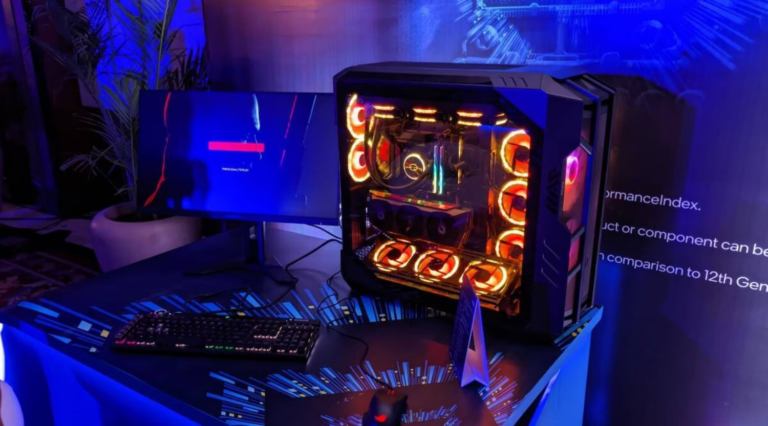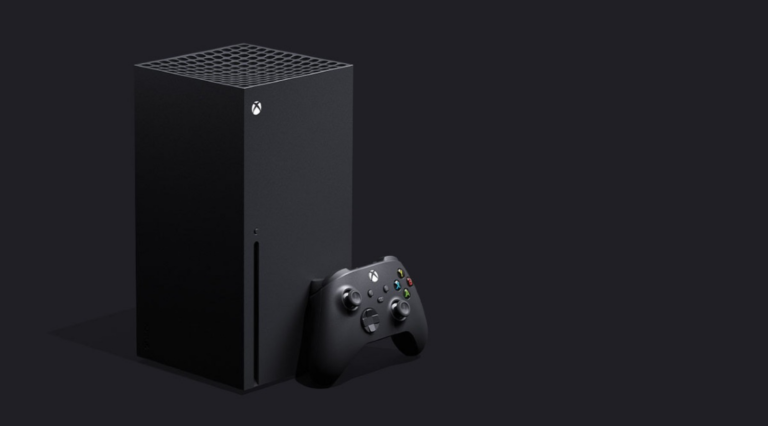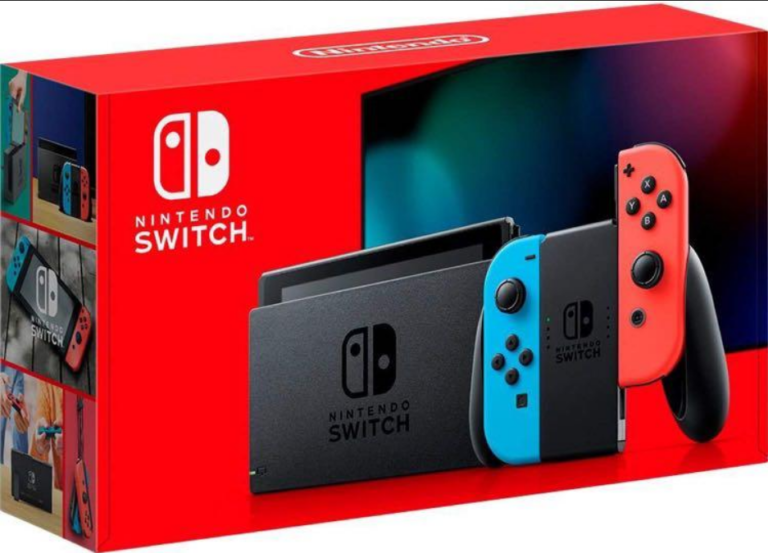On Thursday, Nintendo revealed that the sales of the latest Pokemon games, Pokemon Scarlet and Pokemon Violet, for the Switch console, had exceeded 10 million within three days of their global launch on November 18. This remarkable achievement marked the highest debut figure for a game in Nintendo’s history, establishing a new record for the Japanese gaming giant based in Kyoto.
In a time when concerns about economic recession and a sluggish global economy have prompted consumers to be cautious with their spending, Nintendo’s success with the Pokemon games for the Switch has surprised both Wall Street and analysts. This success is attributed to Nintendo’s strategic focus on nostalgia and original intellectual properties (IPs), attracting families back to gaming and solidifying the Switch’s position as the leading game console worldwide.

Nintendo’s adept handling of nostalgia has resonated with both older users and younger demographics simultaneously. The decision to launch two new Pokemon games for the Switch just ahead of the busy holiday season was not only well-timed but also showcased Nintendo’s confidence in the Pokemon franchise, which has evolved into a $100 billion media empire.
As Nintendo’s longest-running game franchise, Pokemon was first introduced with Pokemon Red and Pokemon Blue in 1996. Since then, Pokemon has become a staple in pop culture, spanning video games, movies, TV series, clothing, and various merchandise. Exclusive to Nintendo systems, Pokemon games, including Pokemon Scarlet and Pokemon Violet, contribute to the company’s practice of charging higher prices compared to Microsoft and Sony.

The strong sales of these new Pokemon games highlight consumers’ willingness to pay $60 (approximately Rs 4,900) for each game or $120 (approximately Rs 9,800) for the double pack. Nintendo’s unique strategy involves developing innovative hardware and leveraging it to create memorable experiences through first-party games, rendering the company seemingly recession-proof.
The massive install base of the Switch has played a pivotal role in Nintendo’s resurgence. Introduced five years ago, the Switch marked a turning point for Nintendo, reversing the historic low following the Wii U’s failure. Despite initial uncertainties about Nintendo’s plans for hardware development, the Switch, with its hybrid design resembling a tablet with detachable controllers, disrupted the market. Competitors are still grappling with how to create a gaming device as innovative as the Switch. This underscores the Switch’s benchmark status in transforming a traditional home console into a handheld device. Despite lacking a high-performance processor, the Switch’s market potential remains robust, with Nintendo consistently shipping millions of units each quarter, overcoming challenges like the global chip shortage and the cooling down of the gaming market as the pandemic subsides.




